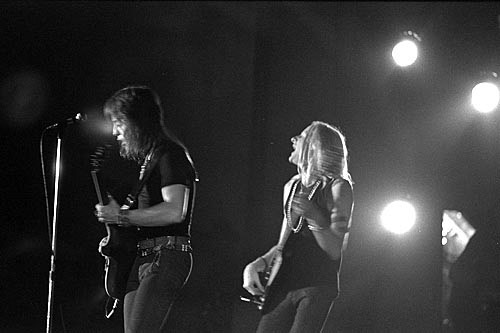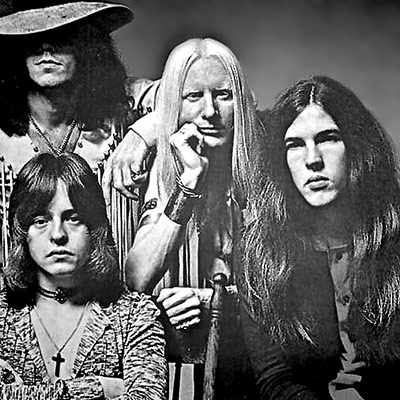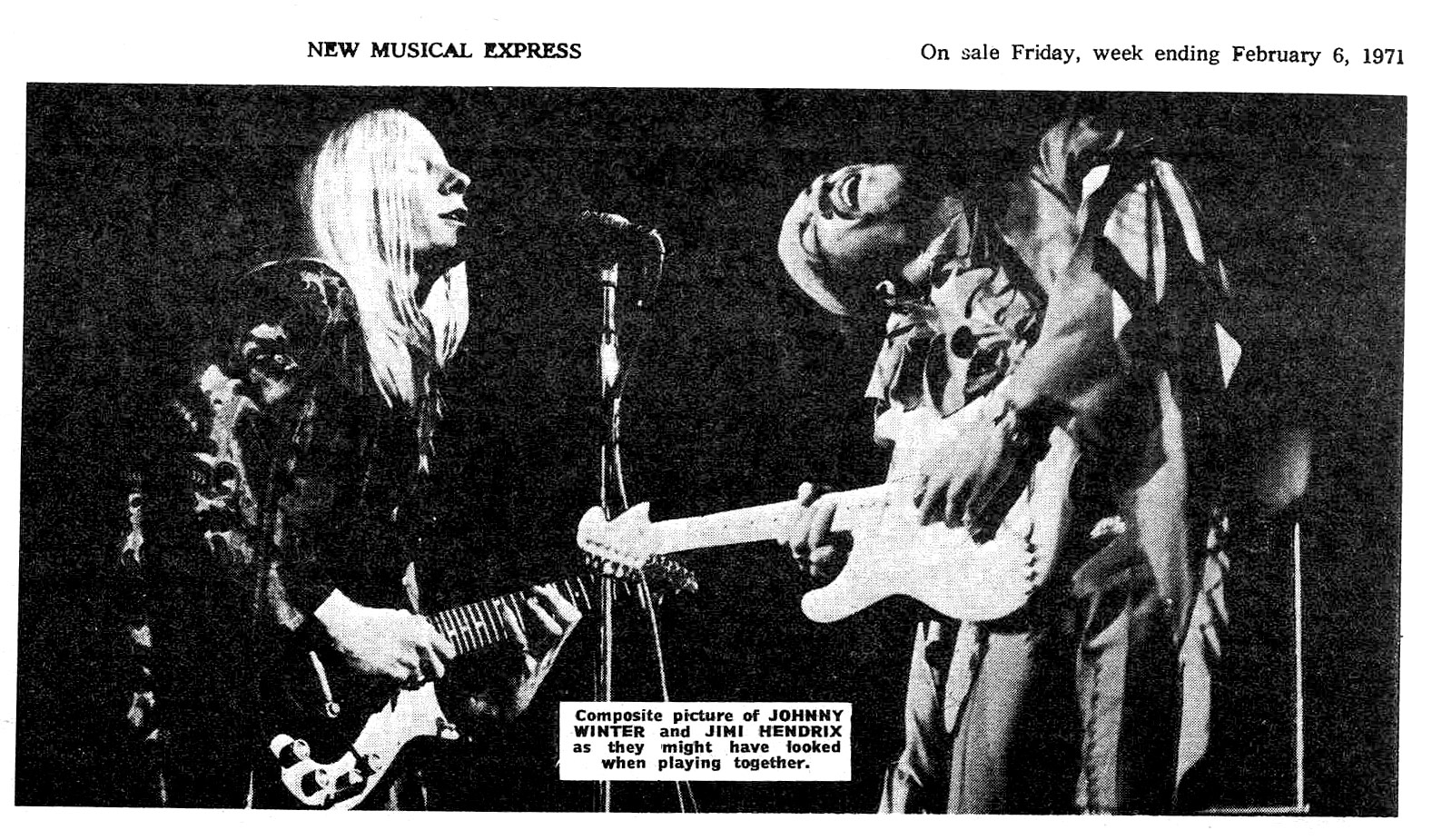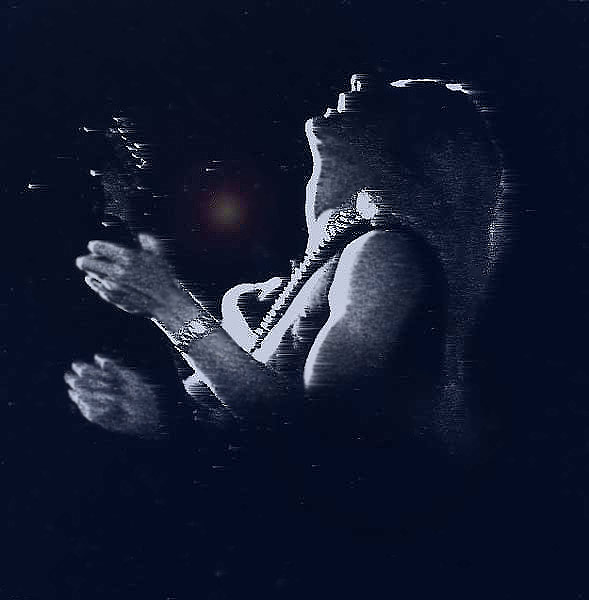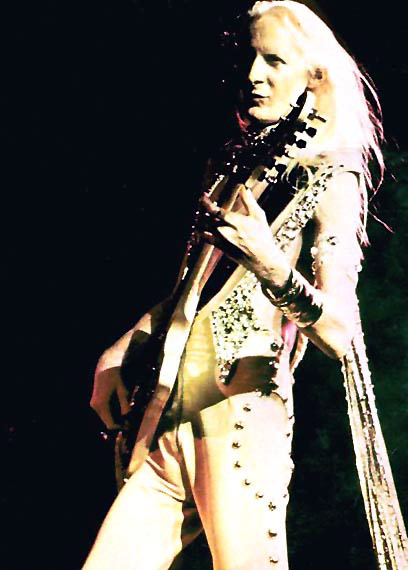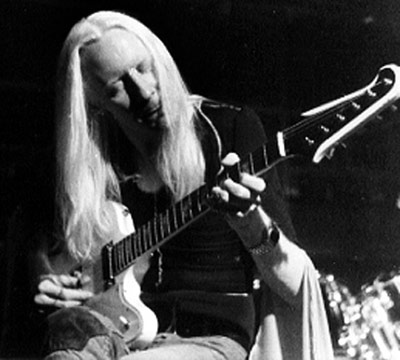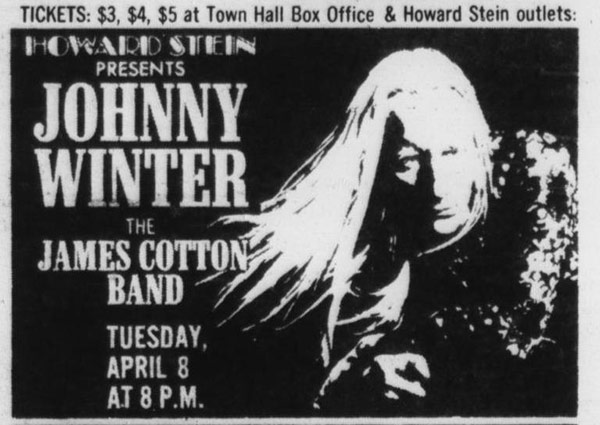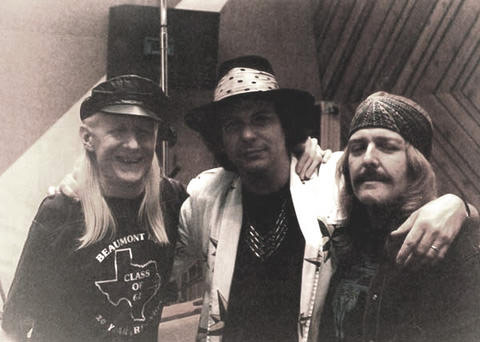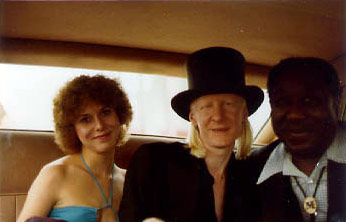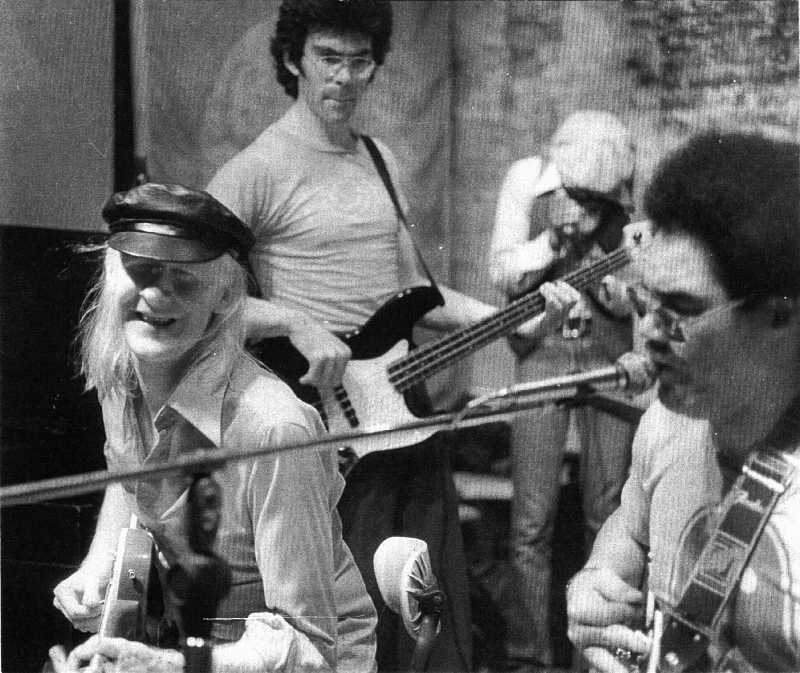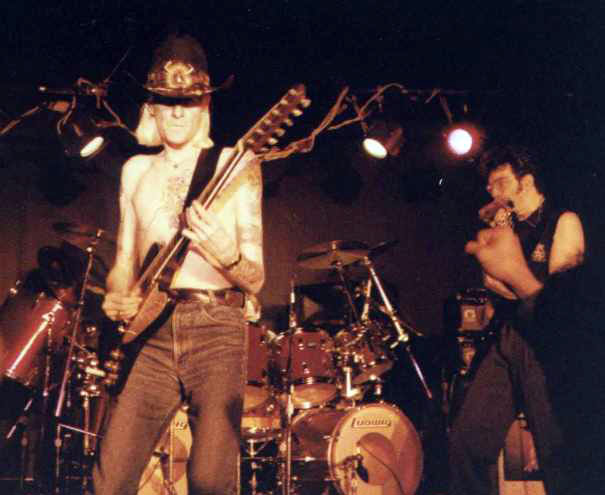Some portions of this concert have been used for Johnny Winter's first live album
"Johnny Winter AND live"
.
As mentioned in the column "Selling Sounds" by "Bob Glassenberg" the "Fedco Audio Labs" truck has been used for the recording.
Selling Sounds
By BOB GLASSENBERG
Fedco Audio Labs is a truck which runs from concert to concert, making live recordings. It is owned by an ex-physicist, Lyle Fame, who runs it with the help of graduate students in Physics from Brown University. So far, Fedco has recorded the live Doors LP; several of Graham's Tanglewood concerts; Joe Cocker's "Mad Dogs and Englishmen," LP; the Ann Arbour Blues Festival; the live John Sebastian LP; Rod Stuart and the Small Faces at the Fillmore East; and they will soon record Johnny Winter live at the Capitol Theater in Portchester and part of the East coast tour which Neil Young will be doing. They also ran around New York City recording the Judy Collins LP, done in about five. separate locations.
Setlist of Johnny Winter at the Capitol Theatre
- Guess I'll go away
- Rock'n'roll hoochie koo
- Five long years
- Jumpin' jack flash
- Great balls of fire
- Guitar jam [with chords of "dixie"]
- Long tall sally
- Whole lotta shakin' going' on
- Bobby Caldwell - Drum Solo
- Mean town blues
- Johnny B. Goode
